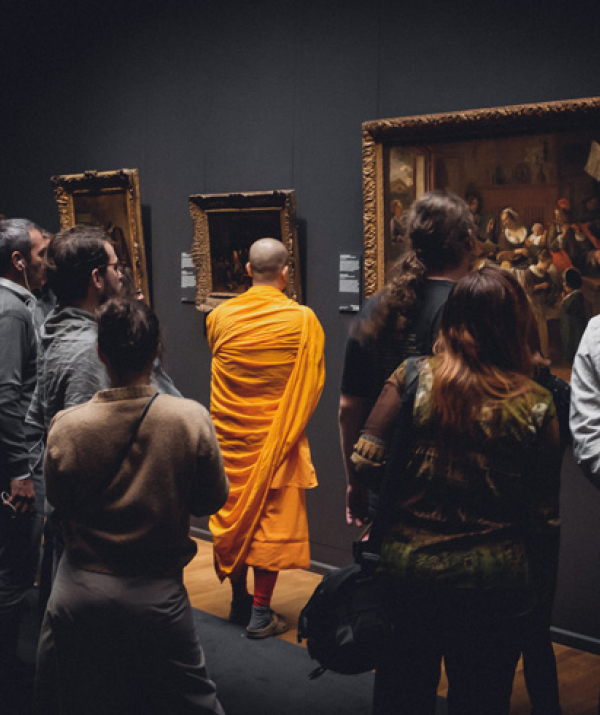Muôn việc thiện chưa đủ, một việc ác đã quá thừa.Tủ sách Rộng Mở Tâm Hồn
Khó thay được làm người, khó thay được sống còn. Khó thay nghe diệu pháp, khó thay Phật ra đời!Kinh Pháp Cú (Kệ số 182)
Nếu muốn có những điều chưa từng có, bạn phải làm những việc chưa từng làm.Sưu tầm
Sự thành công thật đơn giản. Hãy thực hiện những điều đúng đắn theo phương cách đúng đắn và vào đúng thời điểm thích hợp. (Success is simple. Do what's right, the right way, at the right time.)Arnold H. Glasow
Kẻ thất bại chỉ sống trong quá khứ. Người chiến thắng là người học hỏi được từ quá khứ, vui thích với công việc trong hiện tại hướng đến tương lai. (Losers live in the past. Winners learn from the past and enjoy working in the present toward the future. )Denis Waitley
Thành công không phải điểm cuối cùng, thất bại không phải là kết thúc, chính sự dũng cảm tiếp tục công việc mới là điều quan trọng. (Success is not final, failure is not fatal: it is the courage to continue that counts.)Winston Churchill
Như ngôi nhà khéo lợp, mưa không xâm nhập vào. Cũng vậy tâm khéo tu, tham dục không xâm nhập.Kinh Pháp cú (Kệ số 14)
Nếu muốn người khác được hạnh phúc, hãy thực tập từ bi. Nếu muốn chính mình được hạnh phúc, hãy thực tập từ bi.Đức Đạt-lai Lạt-ma XIV
Hạnh phúc không phải là điều có sẵn. Hạnh phúc đến từ chính những hành vi của bạn. (Happiness is not something ready made. It comes from your own actions.)Đức Đạt-lai Lạt-ma XIV
Hoàn cảnh không quyết định nơi bạn đi đến mà chỉ xác định nơi bạn khởi đầu. (Your present circumstances don't determine where you can go; they merely determine where you start.)Nido Qubein
Cỏ làm hại ruộng vườn, tham làm hại người đời. Bố thí người ly tham, do vậy được quả lớn.Kinh Pháp Cú (Kệ số 356)
Trang chủ »» Danh mục »» TỦ SÁCH RỘNG MỞ TÂM HỒN »» none »» How Buddhists Can Benefit from Western Philosophy »»
 Xem Mục lục
Xem Mục lục  Vietnamese || Đối chiếu song ngữ
Vietnamese || Đối chiếu song ngữ

DO NXB LIÊN PHẬT HỘI PHÁT HÀNH
Mua sách qua Amazon sẽ được gửi đến tận nhà - trên toàn nước Mỹ, Canada, Âu châu và Úc châu.
Quý vị đang truy cập từ IP 216.73.216.119 và chưa ghi danh hoặc đăng nhập trên máy tính này. Nếu là thành viên, quý vị chỉ cần đăng nhập một lần duy nhất trên thiết bị truy cập, bằng email và mật khẩu đã chọn.
Chúng tôi khuyến khích việc ghi danh thành viên ,để thuận tiện trong việc chia sẻ thông tin, chia sẻ kinh nghiệm sống giữa các thành viên, đồng thời quý vị cũng sẽ nhận được sự hỗ trợ kỹ thuật từ Ban Quản Trị trong quá trình sử dụng website này.
Việc ghi danh là hoàn toàn miễn phí và tự nguyện.
Ghi danh hoặc đăng nhập